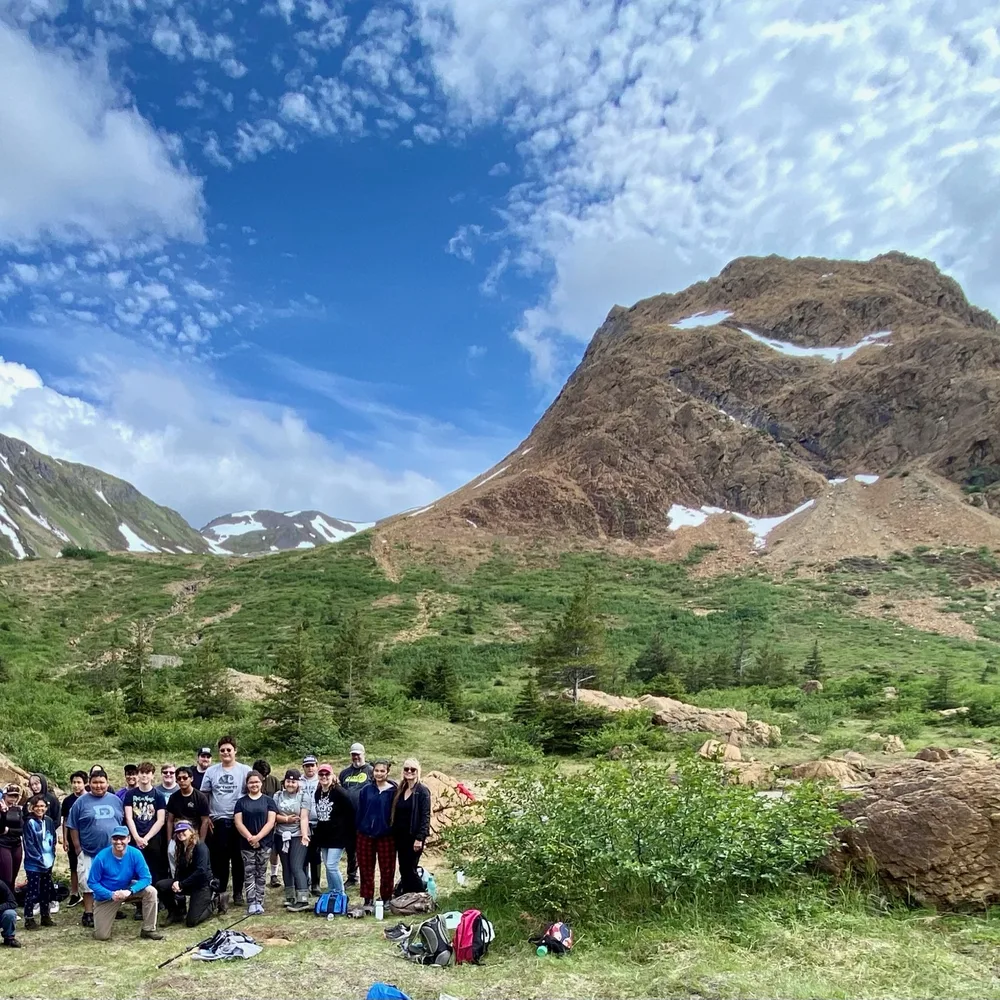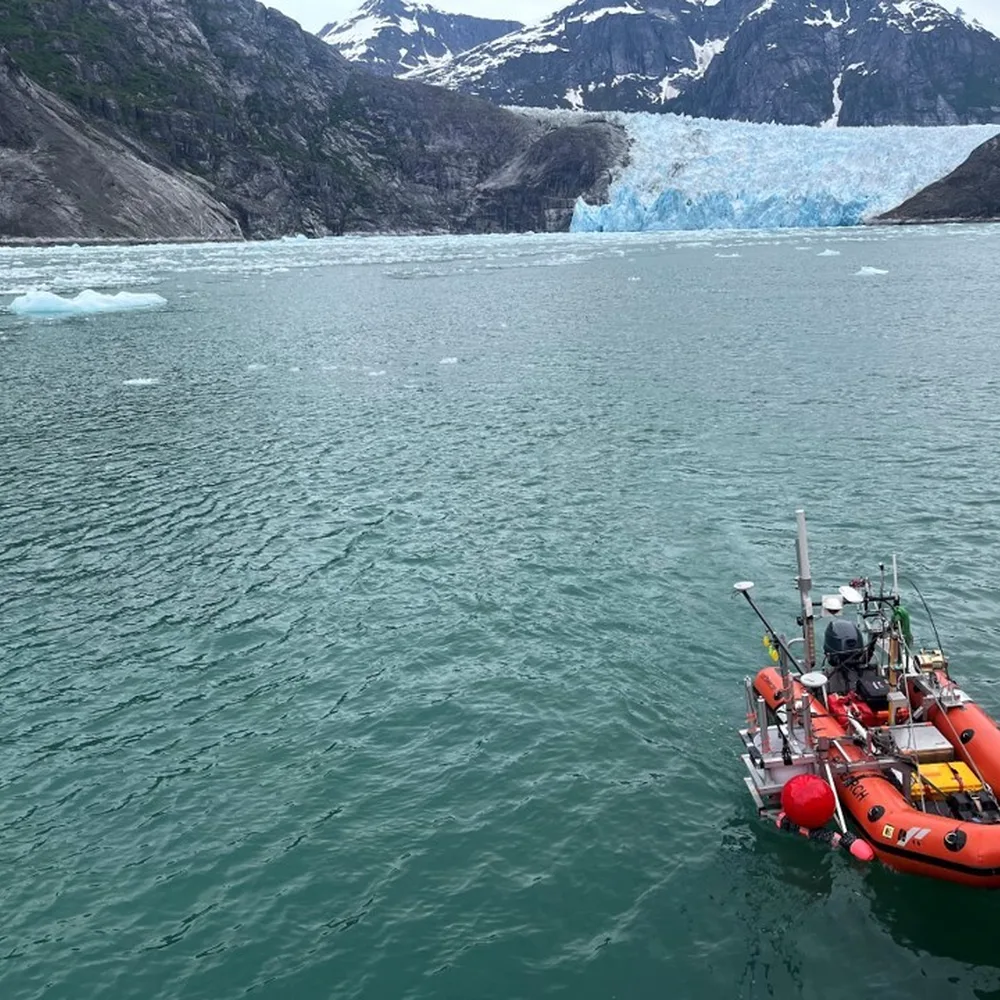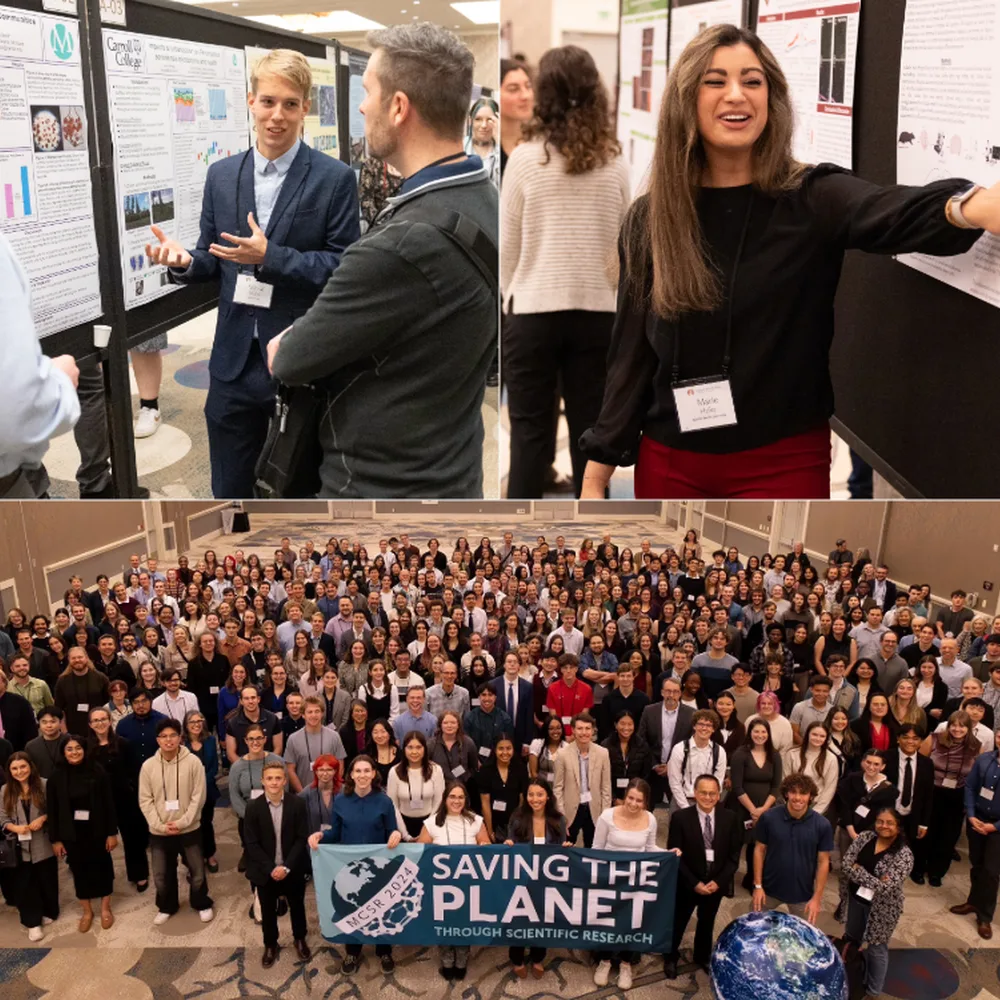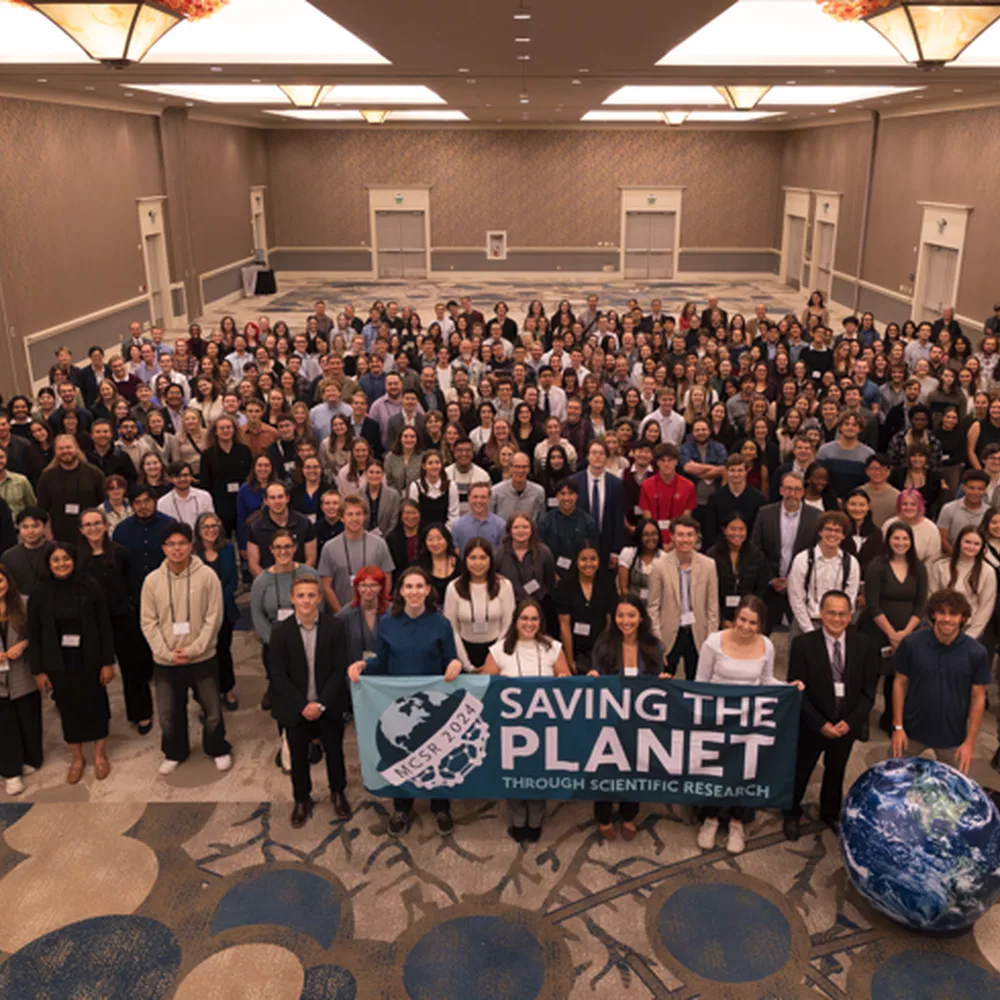2013 John Van Zytveld Awards and Murdock Poster Prizes #
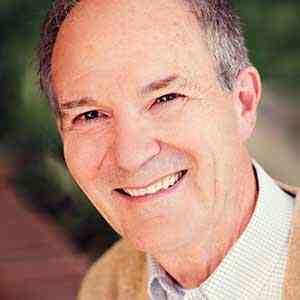
At each annual MCSR conference, students giving oral presentations compete for two awards: The John VanZytveld Physical sciences Award and The John VanZytveld Life sciences Award. The awards consist of a ribbon, a cash prize for the students and their academic departments, as well as a gift for their faculty research advisors. The criteria used by judges of faculty and students in selecting the awardees are as follows:
- Knowledge of material (understanding the background, research question, hypothesis, data collection and analysis, and limitation of the research)
- Creativity of the project
- Effective communication (clarity – slides and verbal presentation; organization; pace; answering questions)
- Level of preparation
- Ability to keep me interested
These awards are made in recognition of Dr. John Van Zytveld, a longtime Senior Program Director at the Murdock Trust and a champion for undergraduate research and science education in the region.
John Van Zytveld Award In The Physical Sciences:
Benjamin Boe
Faculty mentor: Dr. Rand Worland
“Coupled vibrations between musical drumheads”
University of Puget Sound
John Van Zytveld Award In The Life Sciences:
Dannen Wright
Faculty mentor: Dr. Sara Heggland
“The effects of cadmium on type I collagen in the extracellular matrix of osteoblast-like Saoe-2 cells”
College of Idaho
Murdock Poster Prizes:
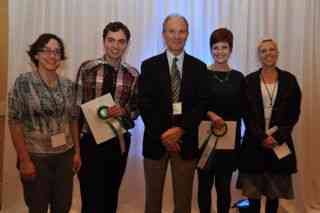
Students presenting their research in a poster format are also recognized at each conference. One Murdock Poster Prize is presented to a poster in each research field, and it consists of a ribbon, a cash award and a gift for the faculty research advisor. The criteria used by faculty judges in selecting the awardees are as follows:
- Graphics relevance and visual impact
- Spelling and grammar
- Informational content
- Presentation content and research outcomes
- Presentation delivery
- Answering questions
- Overall presentation
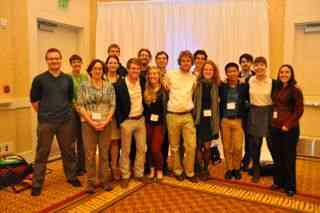
Murdock Poster Prize in Analytical/Physical Chemistry
Ashton Beck
Faculty mentor: Dr. Kerry Breno
“Fluorescence of pH sensitive rhenium complexes”
Whitworth University
Murdock Poster Prize in Biochemistry
Jeremy Schofield
Faculty mentor: Dr. Timothy Machonkin
“Examination of the substrate specificity of the enzyme PcpA using synthetic model”
Whitman College
Murdock Poster Prize in Computer Science/Mathematics/Engineering
Nicole Ng
Faculty mentor: Dr. Henry Louie
“Statistical modeling on the safety and impact of electric vehicles on electric power”
Seattle University
Murdock Poster Prize in Developmental Biology/Physiology
Laura Shellooe, Mariah Eckwright, Kami Cole
Faculty mentor: Dr. Craig P. McGowan (University of Idaho)
“From solid to sand: how does substrate affect the biomechanics of hopping by kangaroo rats?”
Murdock Poster Prize in Environmental Science/Geology
Kathryn Ginsberg
Faculty mentor: Dr. Dan Burgard
“Method development for wastewater epidemiology”
University of Puget Sound
Murdock Poster Prize in Microbiology
Gemma Wallace
Faculty mentor: Dr. Paul Yancey
“Pressure adaptation in the hadal zone: potential piezolytes (pressure counteractants) increase with depth in tissues of marine amphipods from the intertidal to the Mariana Trench”
Whitman College
Murdock Poster Prize in Molecular and Cell Biology
Jacqueline Wallis, Dana Emerson, and Cooper Hayes
Faculty mentor: Dr. Carolyn Stenbak
“The Venus IN-tervention: Exploring foaming virus polymerase dimerization using a bimolecular fluorescence assay”
Seattle University
Murdock Poster Prize in Neuroscience/Psychology/Exercise Science
Anna Warden, Jordan Lueras, Sydney Weber
Faculty mentor: Dr. Mark Pitzer
“Are serotonin neurons involved in the depression observed in Huntington’s disease? Effects of human mutant huntingtin expression in the dorsal raphe of wildtype mice”
University of Portland
Murdock Poster Prize in Organic/Computational Chemistry
Victoria DePalma, Shannon James-Kozlovich
Faculty mentor: Dr. Trisha Russell
“Synthesis of praziquantel derivatives as potential chaperone therapy agents for Maroteaux-Lamy syndrome”
Whitworth University
Murdock Poster Prize in Physics
Ethan Dederick
Faculty mentor: Dr. Mark Beck
“Exploring entanglement with the help of quantum state measurement”
Whitman College
2013 Neal Thorpe Memorial Lecturer #
Moses Lee
Title: “From Small Molecule to Curing and Protecting Against Malaria: Small School Doing Big Science”
Abstract
According to the U.S. Centers for Disease Control and Prevention, in 2010, an estimated 216 million cases of malaria occurred worldwide killing 660,000, mainly (91%) in Africa. The deaths were mostly pregnant women and young children. Due to the prevalence of drug resistantPlasmodium, the parasite that causes malaria, there is an immediate need for new modalities for treating or controlling the disease. As evidenced by continuous publications in Science andNature, there is a fury of research activity aimed at developing new treatments, and vaccines to protect people against malaria. Based on the high AT-content of the Plasmodium genome, we have designed and tested centanamycin (CM), an AT-sequence and minor groove selective DNA alkylating molecule as a potential antimalarial agent. CM is a potent anticancer agent and it is extremely cytotoxic against the growth of Plasmodium falciparum in culture. Following a single i.p. or oral administration, CM “cured” rodents infected with different strains of malaria. It also blocked the transmission of parasites in mosquitoes, and a vaccine derived from CM attenuated parasites protected mice from malaria infection. Subsequently, a series of CM analogs were synthesized and examined for their ability to attenuate parasites and protect animals against Plasmodium infection. Studies using animal models have shown that a vaccine derived from tafuramycin A (TFA, an analog of CM) was extremely powerful in protecting inoculated mice from homo- and heterologous infections, with no toxicity observed. A vaccine derived from TFA-attenuated parasites is presently being tested in a human phase I clinical trial in Australia.
Biographical Sketch
Moses Lee is the newest Program Director at the M. J. Murdock Charitable Trust and he holds an appointment as adjunct Professor of Chemistry at Georgia State University in Atlanta, where he maintains a research laboratory. Dr. Lee received the Ph.D. degree from the University of Guelph, Canada, in 1986. After a year of postdoctoral studies at the University of Alberta, he moved to Synphar Laboratories, Inc., a subsidiary of Taiho Pharmaceutical Company of Japan as a research scientist. In 1989, he joined the chemistry faculty at Furman University in South Carolina and was appointed to the Rose J. Forgione chair as Full Professor in 1998. In 2005, he moved to Hope College to serve as Dean for the Natural and Applied Sciences Division and Professor of Chemistry, before joining the Trust in 2013. Dr. Lee actively pursues research involving undergraduate and high school student coworkers. To date he has mentored a dozen high school students, close to 300 undergraduate students, 32 MS students, 9 PhD students, and 13 post-docs in his laboratories. Together, they have published close to 200 peer-reviewed research publications in various fields, including anticancer and anti-infective drug design, biochemistry, molecular pharmacology, and chemical education. His research program has received continuous funding from federal agencies (NSF and NIH), private foundations, and business corporations. He has served on the boards of Research Corporation, ACS-Petroleum Research Fund, West Michigan Science Technology Initiative, and The Murdock Trust, and he has also served one year as an expert consultant at the NSF. Dr. Lee was recipient of the Henry Dreyfus Teacher-Scholar Award (1994-1999), theCamille and Henry Dreyfus Scholar-Fellow Award (2002-2005), and the ACS Award for research at an undergraduate institution (2009).
Graduate School & Vendor Exhibition Participants #
Boise State University
Oregon Health Science University
University of Idaho
University of Oregon
University of Washington
Western Washington University
Read the program from the 2013 Murdock College Science Research Conference

